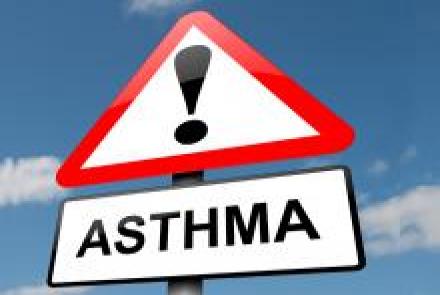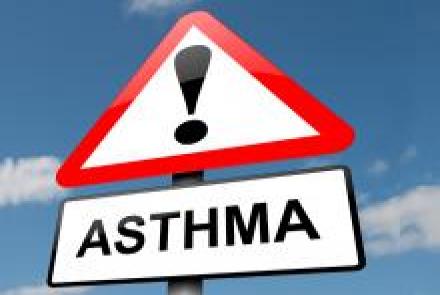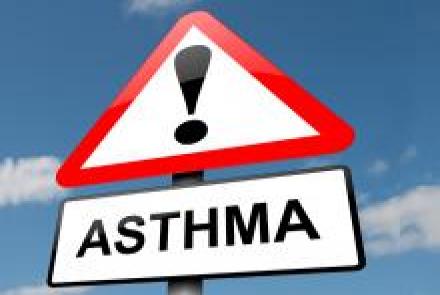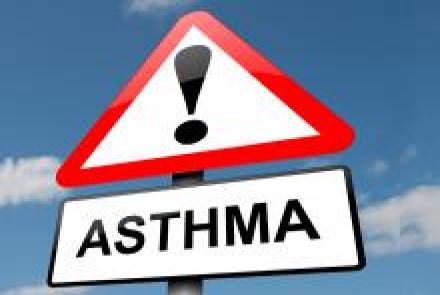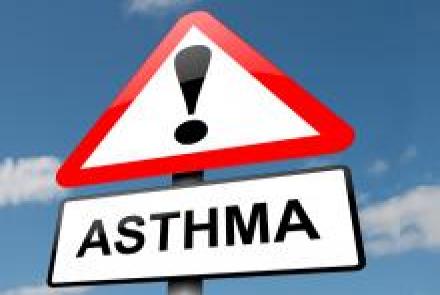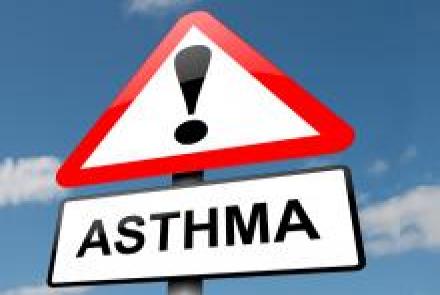
As the temperature plummets, asthma attacks and pneumonia cases rise. Family practitioner and paediatrician Dr Gita Mathai tells you why this is so and how to protect yourself.
Asthma
What is asthma?
Asthma refers to a condition that causes shortness of breath with a whistling sound from the chest. It is also called "reactive airway disease".
What causes asthma symptoms?
The whistling sound is caused by the narrowing of the tubes through which the air passes into the lungs. This narrowing can be a response to many triggers, like cold, allergens like dust, house mites and cockroach dander, pets, strong odours or viral or bacterial infection. As the allergen comes into contact with the airpipes, the smooth muscles in the airways constrict and narrow in asthmatics. In normal people, a mild cough will open up the airways again and clear them. In asthmatics, they remain constricted. In addition, the immune system of asthmatics responds to the contact with allergens by sending and concentrating white blood cells in the airways to fight the allergen. This has a negative effect, as the airways, in response, then secrete thick mucoid material that blocks and narrows them further.
Why is asthma likely to be more frequent in winter?
• People tend to keep their houses closed in the cold season. This means that any pollutants in the environment are more likely to stay there.
• Viral infections like the cold and flu are commoner in winter. These increase lung secretions.
• The cold air itself can cause the airways to go into spasm.
What precautions do you need to take?
• Wear a muffler so that the air you breathe in is warm.
• Breathe through your nose. The nose warms the air. When you breathe through the mouth, the cold air enters directly.
• Control your asthma in the summer months and have an action plan in consultation with your physician for the winter months.
• Take maintenance medications on time
• Take your flu immunisation in October. It will protect you and prevent infection for six months till the winter is over. Asthma is aggravated by flu.
• Hydrate yourself adequately so that the mucous in the lungs does not become viscid.
• Moisturise the room with a steamer or take steam inhalation twice a day. (More than 50% humidity is counter productive).
• Maintain your exercise schedule.
Must Read: How To Manage Asthma Effectively
Pneumonia
What is pneumonia?
It is an infection of the lungs that is caused by viruses or bacteria. The onset of pneumonia is quite different from that of cold or flu. It is rapid (usually 24-48 hours) with high fever, chills, malaise, rapid breathing, fast heart rate, chest pain and productive cough with coloured (yellow green or brown) sputum that may be blood stained.
A viral cold or flu sets in more gradually (over 5-7 days), the fever is not as high, the expectoration clear or mucous like.
Why does the incidence increase in winter?
The incidence of pneumonia increases in winter because people tend to stay indoors, maintain close proximity and not wash their hands as frequently (hand washing reduces infection).
Who are more susceptible?
Infants and children under the age of 3 years, people over 60, those who are immuno-compromised (HIV infection, cancer), smokers or those who have lifestyle diseases like diabetes, liver or kidney disease. In all these cases the body’s immune system is weak and compromised. As soon as a virulent bacteria or virus attacks, it gains a foothold, the body’s defences collapse causing severe infections like pneumonia.
What precautions do you need to take to protect yourself?
• Immunise children appropriately against measles, German measles, mumps and chicken pox. Although these viral infections do not in themselves cause pneumonia, they weaken the immune system so that the child is more prone to pneumonia.
• Children need H. Influenzae vaccine as well. Both children (over six months) and adults need a flu shot every winter. Children and those over 65 years need pneumococcal vaccine. Prevention is always better than cure. Speak to your doctor about these vaccines.
Related : Diabetes Maintenance Schedule
• Stay at home if you are ill so that you do not infect others. If a child is sick do not send them to school.
• Practise frequent hand washing
• Do not smoke or stand near smokers.
• Exercise and a healthy lifestyle boosts immunity against disease.
Also read about Pulmonary Rehabilitation for Pneumonia





